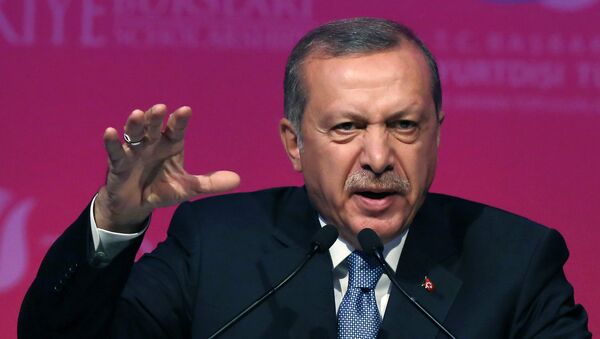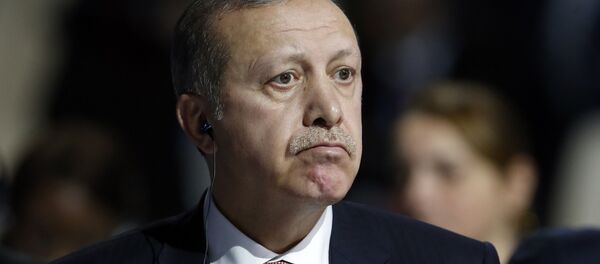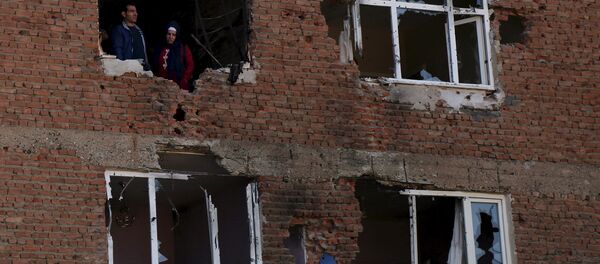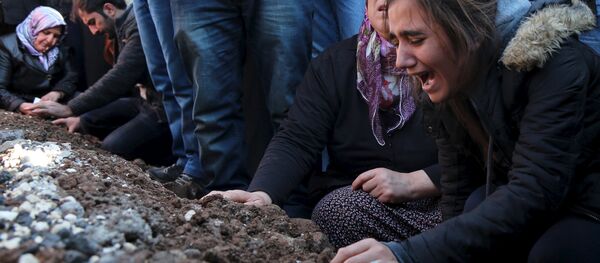The Hurriet published passages from a 90-page report on the “Kurdish issue,” composed by Erdogan while he was an official with the conservative Islamist Refah (Welfare) party in his hometown of Istanbul.
In the report, requested by his party’s leadership, Erdogan clearly denounced Turkish military operations in the Kurdish southeast, referring to them as acts of “state terror” against “Kurdish people.”
Erdogan, at the time, wrote that because “the Kurdish issue” is a “national question,” the correct way to resolve it is “by recognizing Kurdish language as an independent language and which has no relations to the Turkish language.”
But by 2016, some 25 years later and with Erdogan as the boss, Kurds are not necessarily forbidden to learn their mother tongue, but several letters of the Kurdish alphabet are outlawed in Turkey and the number of schools providing education in Kurdish and other minority languages is very small.
"State bombing its own cities can be called 1 thing: terror state" Erdogan, 2013 Pic: Kurdish city Amed, 26.12.2015 pic.twitter.com/BRy0F47rPK
— Gilgo (@dijraberi) December 26, 2015
“What is called ‘the Southeastern issue’ is, in essence, the Kurdish question, which is no doubt a national question. These areas, which are labeled as Southeast, have since the dawn of history been called Kurdistan,” Erdogan said in 1991. “This region has suffered twice, from PKK assaults since 1985 and at the same time it has been subjected to state terror which has targeted the population for allegedly supporting the PKK.”
In 2016, as the president of the Turkish Republic and playing a nationalist card, Recep Tayyip Erdogan is singing a different song.
“You will be annihilated in those houses, those buildings, those ditches which you have dug,” Erdogan has pronounced recently, referring to trenches created by Kurdish fighters in many southeastern cities. “Our security forces will continue this fight until it has been completely cleansed and a peaceful atmosphere established.”
Some 200 civilians have been killed during recent blockades and attacks by Turkish government forces. Over 100,000 people have reportedly been displaced in ongoing military actions in Turkey’s majority-Kurdish southeast.





